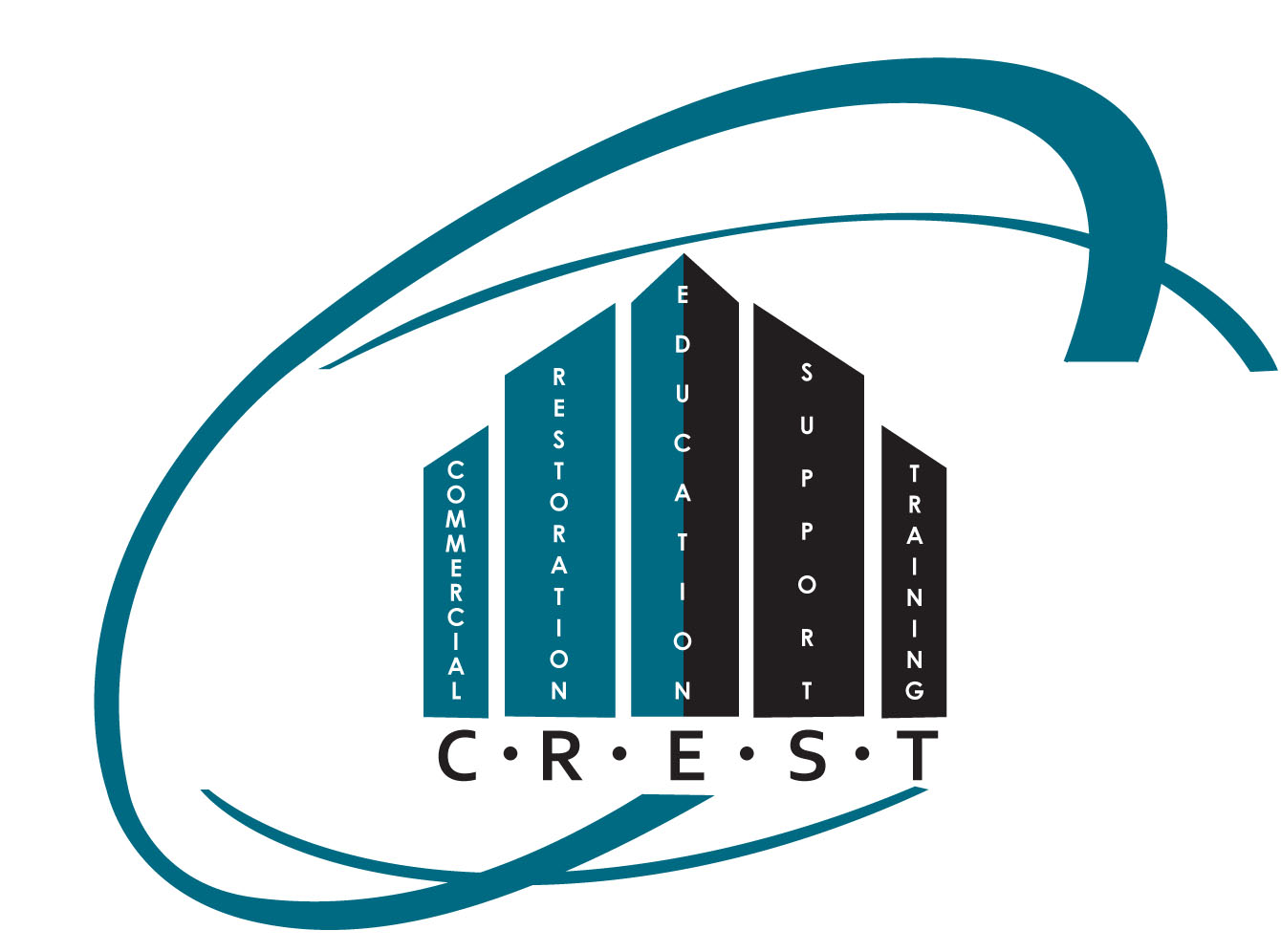
Where would we be today if we hadn’t invented the wheel over 4000 years ago? Fast forward to today, and we have “wheels” for trains, planes, and automobiles, and virtually thousands of other things. You can’t be a unicorn and a zebra, and you must be more than a horse.
When we’re considering one simple aspect off the restoration process referred to as marketing, reinventing the “wheel” isn’t an option anymore because there is an entirely new mentality and preference on the part of today’s consumer. Society has new and different expectations and requirements -especially as it relates to how the do business, and the way they want to be treated.
When we consider the unique and different attitude and penchant for engaging with people in a new and distinctive way today, what we do and say to prospects and clients must be different today than it was just a few years ago!
The public today does not want a sales pitch. The don’t want high pressure. They don’t need product or service explanations and technical details. The consumer can get almost any details or specs they need from the internet.
You will need to re-invent the wheel if you want to be relevant to today’s buying world. Marketers in our (restoration) industry must know and understand the issues, pains, headaches that their prospect deals with on a daily basis.
The marketer must be focused on helping your client (agent or plumber for example) get more work and take care of their client’s customer. Your client or prospect wants to do business with those marketers that demonstrate dedication to helping them be thought of as hero’s. Re-inventing the wheel must be done and it’s a different wheel for each market or territory! Cookie-cutter theory is nice and certainly easier on the coach or consultant, but it doesn’t work in many markets.

Marketing to an insurance agent, for example, is no longer about who takes them the best chocolate, or donuts, or tickets to a ballgame. That’s essentially a bribe and an attempt “buy” their love. First, you should not be trying to buy their love. Most prospects are resistant to it, and it greatly diminishes your credibility. When we have little or no credibility, we will lose opportunities because people don’t want to do business with marketers or companies they don’t trust.
I’ll add here that taking them chachki items (cheap trinket giveaways) also doesn’t further the relationship. That’s simply an excuse because you don’t know anything of value to bring to the relationship. Those trinket items become a crutch, and a waste of money.
I encourage marketers to bring real legitimate value to their client and demonstrate to them why that marketer is different. Bring the client useful and valuable help, suggestions, and information that will benefit that prospect and help the prospect be more efficient or profitable.
Your referral client doesn’t care about Fire, Water, Smoke or Mold. They don’t really care about how much equipment you have. It does not matter to them how many trucks or people you have on staff. And they aren’t interested in whether you are certified in the specific discipline because they generally aren’t aware of those certifications or what those certifications represent.
Unless you have credibility or believability, you are not going to get referrals. They will give you platitudes at best – like we’ll keep your info on file, or we only refer preferred vendors. The easiest way to raise their trust in you (which is needed if you want referrals) is to be sure they understand that you are all about them and not about you.
We all know the saying: “don’t reinvent the wheel” or “if it ain’t broke – don’t fix it.” However, I maintain that with the dramatically new attitudes and societal preferences that have evolved in the past two to five years, and yes, the old, time-tested process used for typical marketing is broke. You will want to reinvent the wheel, based on what the referring partner needs and expects.
When you do and say the things as a marketer that are the same as every other marketer calling on the client, you become just like the rest of them and create no legitimate business reason they should do work with you. If you aren’t unique, different, and special, they have no reason to work with you. You essentially become a robot.

The really good news is that “reinventing the wheel” is already here today. Most self -proclaimed marketing coaching gurus are still spewing strategies that may have worked ten or fifteen years ago, but they haven’t accepted that the world has changed. Many self-proclaimed cookie-cutter gurus have the theory ok, but they often don’t know how to implement it in today’s marketing world.
Understanding that client expectations have changed is critical to your success. To make it even more complicated, what works in El Paso does not work in Cleveland. Every market is unique and requires a good understanding of the territory as well as the contractor.
Author: Dick Wagner
